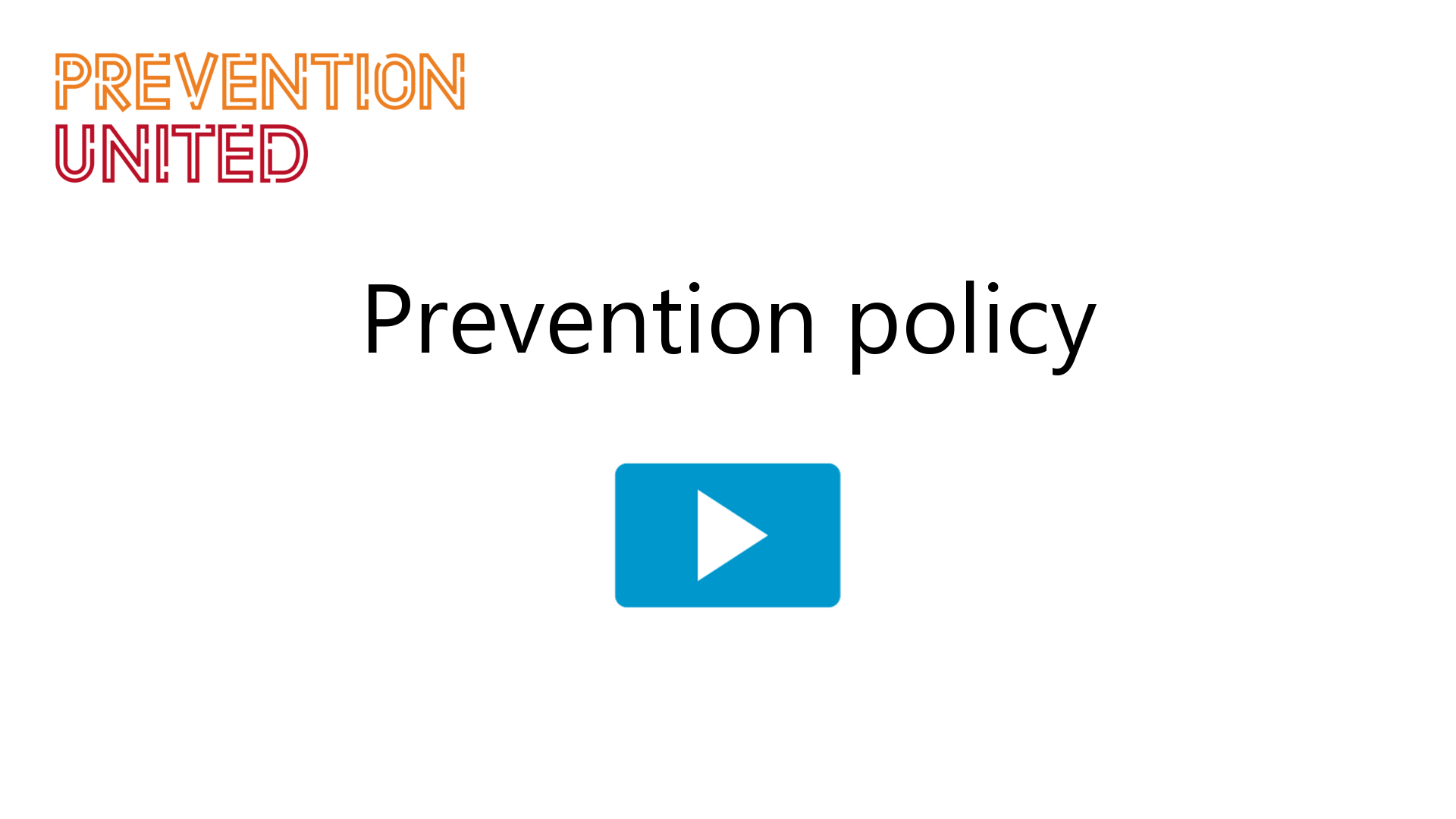Most people know that good hygiene, sanitation and immunizations can prevent infections. They also know if they don’t smoke, eat healthily and exercise regularly they can reduce their chances of developing diabetes or experiencing a heart attack or a stroke. And that if they wear a seatbelt, don’t drink and drive or speed, they are far less likely to be injured or killed on our roads.
What most people don’t realise is that mental health conditions can also be prevented.
Trying to stop something from happening in the first place is called primary prevention. This type of prevention uses health promotion activities to encourage people to adopt behaviours and habits in their day-to-day lives that improve their health and decrease their risk of becoming mentally unwell. It also focuses on influencing public policies to create healthy environments around people so that they are not exposed to situations or influences that might harm their mental wellbeing.
Primary prevention activities can be grouped into three categories depending on who they are for.
- Universal strategies target everyone in a population regardless of their situation
- Selective strategies target particular groups of people who are at an increased risk of developing a particular condition because of their exposure to personal or environmental risk factors
- Indicated strategies target individuals who are experiencing a few, very early symptoms of a particular condition
To be effective, primary prevention initiatives should include a combination of all three approaches.
Other types of prevention
Another type of prevention is secondary prevention. Secondary prevention focuses on stopping a condition that has already developed from progressing or causing complications. It focuses on good quality healthcare.
Tertiary prevention aims to stop a condition from becoming a disability or handicap in people’s lives. It focuses on rehabilitation strategies and changing our social environments so people impacted by a condition can continue to live fulfilling and meaningful lives.
Why is prevention important?
The personal impacts of mental health conditions are enormous. People who experience a mental health condition are more likely to experience poor school performance and early school leaving, unemployment, homelessness, divorce, incarceration, substance misuse and poor physical health compared to people without mental health conditions. Disability is common and premature death from chronic disease or suicide are major issues.
The societal and economic impacts are just as significant. Mental health and substance misuse conditions rank third after cancer and cardiovascular diseases as Australia’s biggest causes of disability and death. At an economic level, the National Mental Health Commission estimates all mental health conditions combined costs our community up to $40 billion a year – more than two per cent of GDP.
Our approach
While all types of prevention are important, Prevention United focuses on the primary prevention of mental health conditions because we believe we need to tackle the root causes of these conditions and stop them from developing in the first place.
Most other mental health organisations focus on secondary and tertiary prevention through early intervention, effective treatment and high-quality supports and services for people already affected by a mental health condition.
It is worth noting that what we learn through our efforts to achieve primary prevention, are likely to have major flow-on benefits for people already living with a mental health condition.
References used:
- Australian Institute of Health and Welfare (2016). Australian Burden of Disease Study: Impact and causes of illness and death in Australia 2011. Australian Burden of Disease Study series no. 3. BOD 4. Canberra: AIHW.
- Commonwealth Department of Health and Aged Care 2000, Promotion, Prevention and Early Intervention for Mental Health—A Monograph, Mental Health and Special Programs Branch, Commonwealth Department of Health and Aged Care, Canberra.
- Martin, E. (2015). Oxford concise medical dictionary 9th edition. Oxford University Press.
- National Mental Health Commission (2014). The National Review of Mental Health Programmes and Services. Sydney: NMHC.




